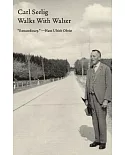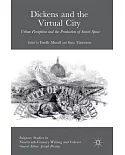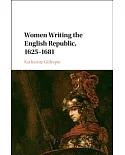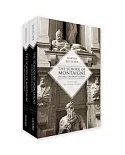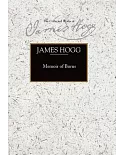The pastoral market, with its close proximity to animals waiting to be eaten and its earthy atmosphere, fell away to the sanitary opulence of such stores and La Samaritaine in Paris, Harrods in
London and Macy's in New York. As authors considered what industrialization and a consumer economy had done to their societies they set characters in the very department stores that marked the
end of shopping with pig manure on one's feet and the beginning of the new era. Independent scholar Walls examines these early representations of rising consumer culture, first on a
socio-historical level, then amongst proponents of naturalism. She focuses on moral issues as she explains the cultural transformation of the city, including its new forms of prostitution, the
novels of the new consumerism, the corrupting influence of the shop, and the blood sacrifices made to advance material culture. Annotation 穢2008 Book News, Inc., Portland, OR (booknews.com)



